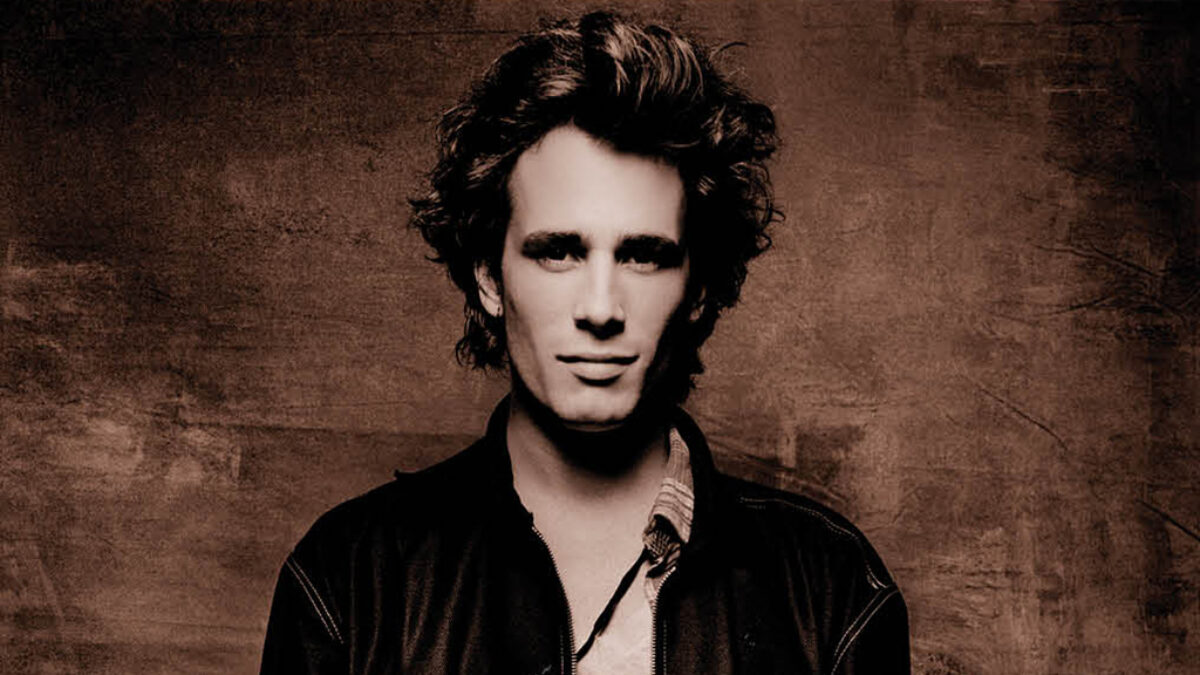What is health and safety:
It means to enforce certain regulations and actions to prevent an accident that would other wise harm or injure a spectator or band member. This includes making sure there is a crowd limit so its not too compact, ensuring cables, wires, cables, bolts or screws are tight and secure. And also having an emergency system just encase something goes wrong.
What should you research:
Common problems are, loose wires and cables causing spectators to trip or even performers to trip. People overheating and passing out because of dehydration or because of over crowding. Below is a serious accident that should of been prevented by cancelling the show as the winds were too strong. 7 people died and 100 were injured.
Electrical hazards: Faulty, frayed, or broken wiring could lead to wires being open and live causing electrical shocks or even causing fires. overloading making them could also make the wires heat up and possibly cause a fire too. This could be prevented by checking wires and making sure they are not exposed or kinked. Also plug sockets, generators, high power outputs should not be over loaded and protected from weather conditions to not cause fires or shorting out.
Noise exposure: Bands, concerts and venues not making sure that there is a limit of volume db could cause people to have hearing loss or damage. This could be prevented by using a decibel device meter and using it in multiple places around the performance space to ensure all places are safe. Live venues normally reach 100db but the human ear can get immediate hearing damage from 120db so you can see why this is important. Also band members being in front of loud amplifiers should wear ear protection as.
Tripping and falling: Loose cables, flooring not being put together properly could cause a band member to fall and injure themselves, This can be prevented by taping cables down to the stage or even re directing them so there not on the stage and ensuring the stage has been assembled properly so its flat and smooth.
Crowd control: Ensuring that there is a limit on how many tickets are sold so the venue is not packed and over crowed. People can overheat, get dehydrated, or get injured by mass amounts of people falling over.
Stage collapsing: A stage collapsing is possibly the worst thing that could happen at a venue as it ends the show losing lots of money and wasting time but most importantly injuring or even causing death. An extreme example of this is is at Indiana state fair where the stage collapsed due to the winds being so extreme. The show should of been cancelled but it carried on injuring 100 people and killing 7 people.
Fire and safety: Pyrotechnics malfunctioning and setting on fire, and electrical faults like, poor quality wires, connections or power sources could also cause fires. These can be prevented by testing them 1st for over heating or malfunctioning but also by having fire extinguishers.
Musculoskeletal: Amps, and speaker cabinets can be extremely heavy and if some tries to lift them by themselves then they could injure themselves permanently especially if there doing a tour.. So make sure everyone is not carrying a heavy object by themselves and lifting with there knees not their back.
Security concerns: Unfortunately venues can have terrorist attacks, fights, random attacks or crazed fans. So ensuring body guards, police near entrances and exits and also paddock and back stage rooms will help prevent such scenarios from going wrong.
Medical emergencies: In case of someone being attacked, passed out, hurt, or even overdosed, there should always be a near by medical emergency service to ensure a band member or spectator is going to be ok and well.
